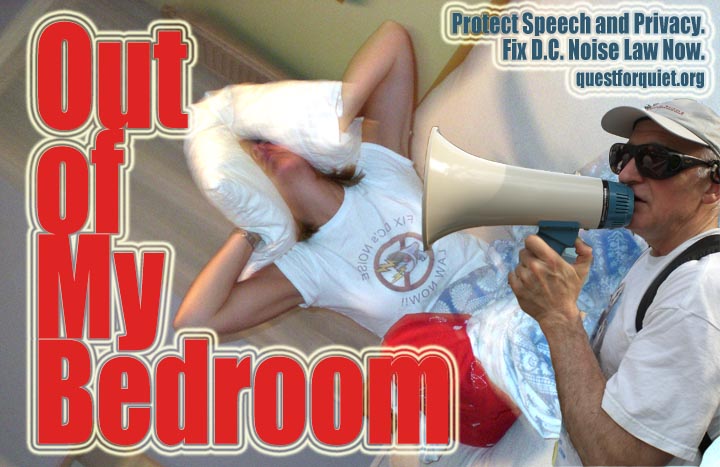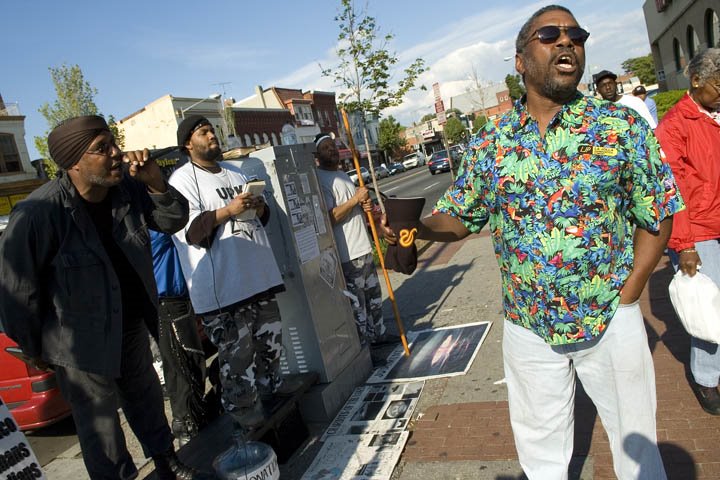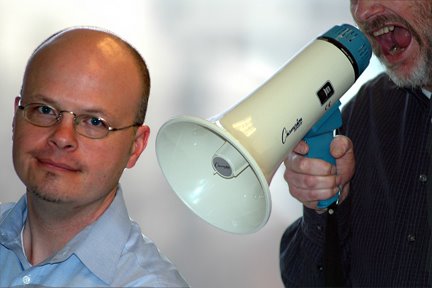Amplifiers May Be Sign of Political Weakness
A story in Tuesday's Washington Post examines organized labor's practice of paying non-union and homeless people to protest District of Columbia businesses that employ non-union labor.
(I can't help but be cynical. What will happen when the Union of Professional Protesters International (UPPI) finds out about these scabs working the picket lines? Will we see UPPI unleash amplifiers in front of labor leaders' homes?)
During the July 9 public hearing on the pending D.C. noise bill, so-called "union workers" clad in pro-noise t-shirts filled the council chamber. Were these real union representatives or was organized labor again simply misrepresenting themselves? I sincerely hope city councilmembers are asking themselves the same question.
Unamplified voices are and would remain exempt from the District of Columbia's noise ordinance. This protects and ensures that the most important issues--about which large numbers of people are genuinely mobilize--are addressed.
The bill pending before the D.C. City Council also would prevent organizations or corporations with deep pockets from unfairly using one giant device to dominate the debate and suppress all opposition. Three amplified people illustrated this point in June by disrupting an entire neighborhood.
Organized labor's desperation to appear influential is understandable. However, their arrogant belief that the "right-to-be-heard-at-any-volume" trumps ordinary citizens' right to quiet liberty in the bedroom is jeopardizing organized labor's credibility.





